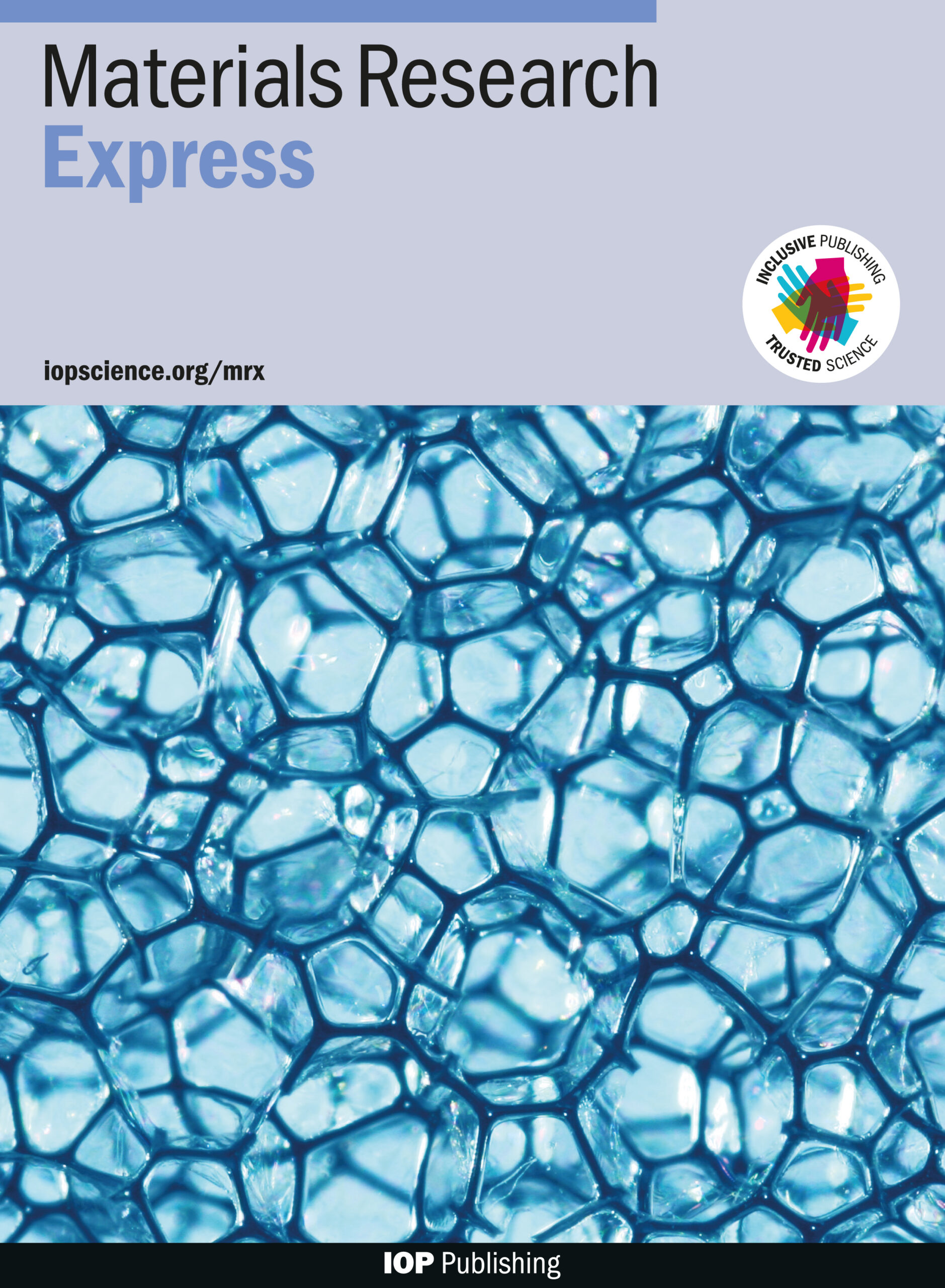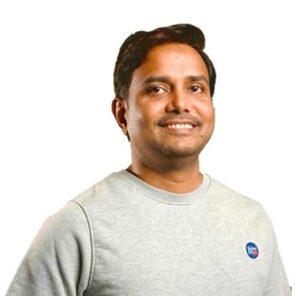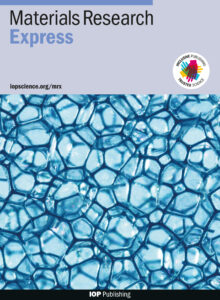MRX编委访谈|瑞典林雪平大学Ziyauddin Khan副教授

访谈详情
I chose to work in the field of batteries because they are at the heart of the global transition to clean energy. Batteries power everything from smartphones to electric vehicles, and they’re key to storing renewable energies like solar and wind to support grids as well. Improving battery technology means we can make energy more sustainable, reliable, and accessible for everyone.
2. 您目前从事的研究工作有哪些?
I am currently working on next-generation battery systems, including metal-ion (like potassium-ion and zinc-ion), metal-air (especially zinc-air), and organic batteries. These alternatives to traditional lithium-ion batteries aim to be safer, more sustainable, and cost-effective. I also study water-in-salt electrolytes, which enable water-based batteries to achieve higher voltages and improved stability. Together, these research areas focus on advancing energy storage for a cleaner and more efficient future.
3. 您认为五年后该领域的研究重点将会是什么?
In the next five years, research in battery technology will likely focus on improving safety, sustainability, and energy density. Solid-state electrolytes will be a major focus, offering non-flammable, stable alternatives to liquid electrolytes, especially for high-energy batteries like lithium-metal and sodium-ion. There will also be growing interest in eco-friendly systems such as organic batteries and metal-air batteries, which use abundant materials and offer high theoretical capacities. Additionally, advanced aqueous systems, including water-in-salt electrolytes, will be explored further for safer and low-cost energy storage. Overall, the field will shift toward greener, safer, and longer-lasting battery technologies.
4. 是什么吸引您加入Materials Research Express期刊编委团队?
I was drawn to join the board member team of Materials Research Express because of its strong commitment to publishing high-quality, fast-turnaround research across a wide range of materials science topics. The journal provides a dynamic platform for interdisciplinary work, especially in emerging fields like advanced batteries, nanomaterials, and sustainable materials. Being part of the editorial board offers a unique opportunity to contribute to the scientific community, stay engaged with the latest innovations, and help uphold rigorous standards in materials research.
5. 您认为像Materials Research Express这样的期刊对领域的发展有什么重要影响?
Journals like Materials Research Express play a crucial role in advancing the field by providing a platform for rapid dissemination of innovative research. They help accelerate scientific progress by making new findings accessible to the global research community, encouraging collaboration and cross-disciplinary insights. By publishing high-quality, peer-reviewed work, such journals uphold scientific integrity and guide future research directions. They also support early-career researchers like me by offering visibility and recognition, contributing to the overall growth and evolution of materials science.
编委介绍

Ziyauddin Khan 副教授
瑞典林雪平大学
- Ziyauddin Khan is presently working as an Associate Professor at Linköping University, Sweden. He received his PhD in chemistry from the Indian Institute of Technology Guwahati, India, in 2013. Thereafter, he worked at the Tata Institute of Fundamental Research, Mumbai, as a postdoctoral visiting scientist. In early 2014, he joined as a postdoctoral research associate at Ulsan National Institute of Science & Technology (UNIST), Republic of Korea. His research interest is focused on water-in-salt electrolytes, metal-air and metal ion batteries.
期刊介绍

- 2024年影响因子:2.2 Citescore:3.7
- Materials Research Express (MRX)采用快速出版的模式,发表各类功能材料在设计、制造、性能和应用方面的最新研究。从2020年起,MRX转变为金色开放获取出版模式,以最大限度地传播材料科学的所有领域的研究。文章内容包括:生物材料;纳米材料和纳米技术;碳的同素异形体和二维材料;电子材料;玻璃、陶瓷和非晶材料;磁性材料;金属和合金;光子材料和超材料;聚合物和有机化合物;智能材料;薄膜等。
